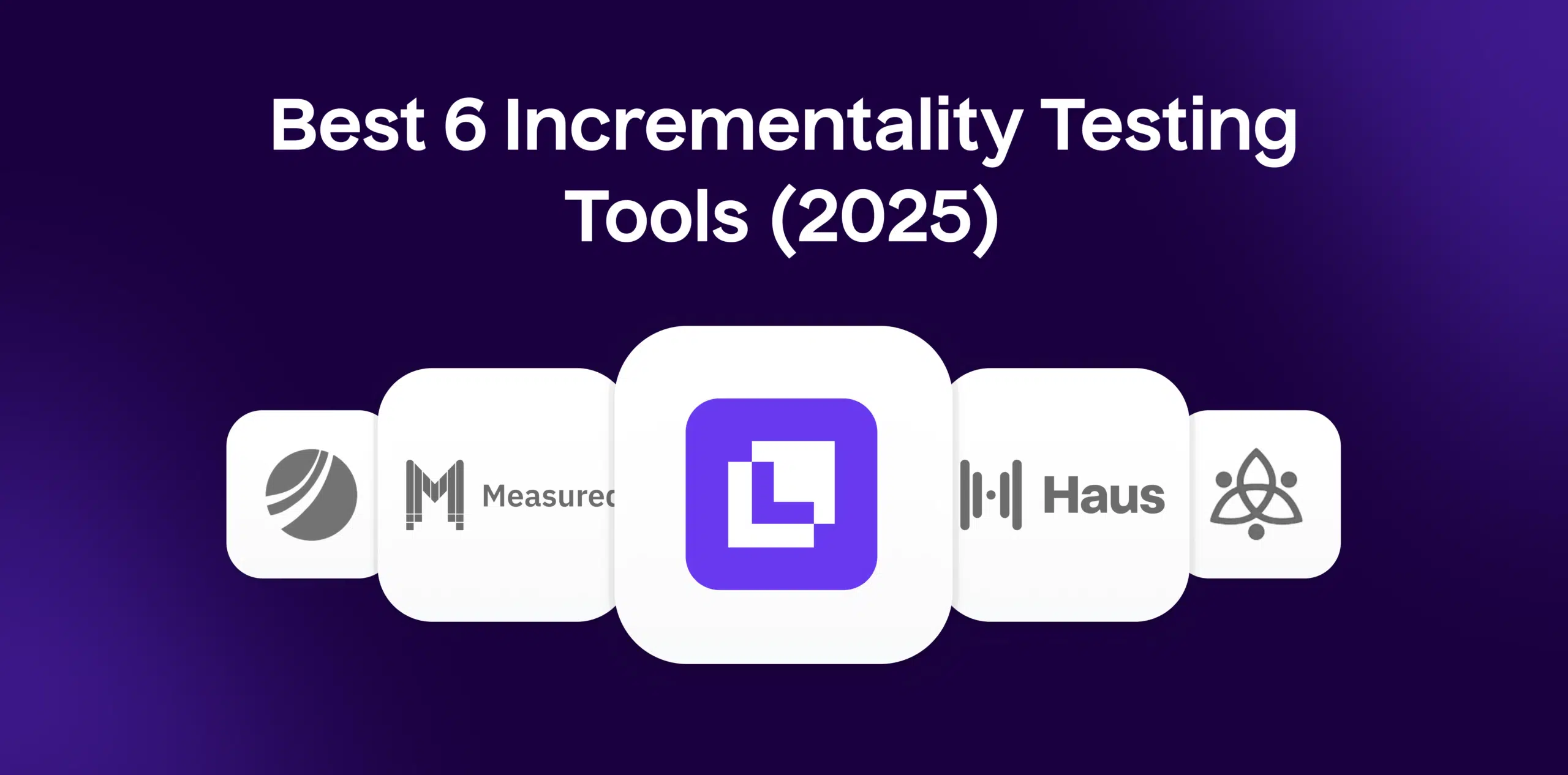What is Efficiency score?
The eCommerce environment is a performance-oriented setup where brands compete based on various metrics. One such significant metric is the Efficiency Score. This numerical value measures how effectively a business executes different tasks, ranging from order processing, inventory management to customer service.
Formula
Efficiency Score = (Useful output / Total input) * 100
Example
Let’s take a simple eCommerce setup: If an online store receives 100 orders in a day (input) and successfully completes and delivers 95 orders (output), then the Efficiency Score is (95/100)*100 = 95%.
Why is Efficiency score important?
The Efficiency Score is critical for every eCommerce business because it helps in identifying bottlenecks, areas of improvement, and successfully implemented strategies. It denotes the company’s ability to convert resources into successful outcomes, which directly affects overall profitability and customer satisfaction.
Which factors impact Efficiency score?
Factors impacting efficiency score include streamlined processes, use of technology for automation, delivery methods, inventory management, as well as team efficiency and skills.
How can Efficiency score be improved?
Several strategies can be implemented to improve the Efficiency Score such as refining the inventory management process, automating tasks, offering better staff training, reducing delivery time, and implementing continuous improvement methods e.g. Kaizen.
What is Efficiency score’s relationship with other metrics?
Efficiency Score has a major correlation with metrics like conversion rates, customer retention rate, and average order value(AOV). A high-efficiency score often leads to better customer satisfaction and thus improved conversion rates and AOV. It may also enhance customer loyalty, thereby increasing the customer retention rate.
Free essential resources for success
Discover more from Lifesight














